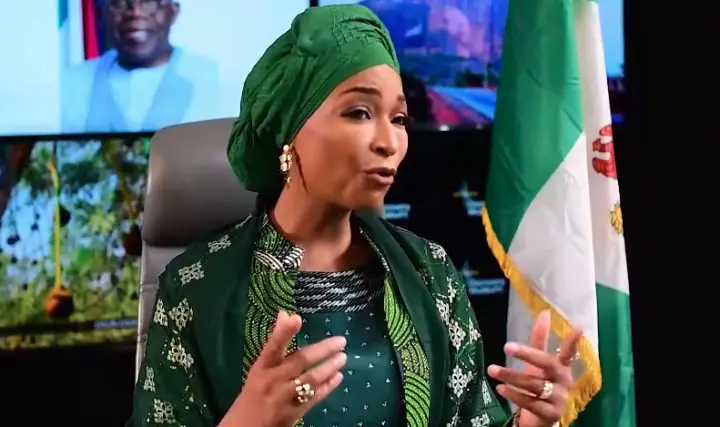Nigeria’s unemployment rate dropped to 4.3 percent in the second quarter of 2024, signalling improved labour market conditions under President Bola Ahmed Tinubu.
The National Bureau of Statistics disclosed this on Monday in its latest labour data.
The latest unemployment figure represents a decrease from the 5.3 percent recorded in Q1 2024 and reflects a gradual recovery from the 5.0 percent in Q3 2023.
According to the NBS data, Nigeria’s labour force participation rate rose to 79.5 percent, up from 77.3 percent in the previous quarter, highlighting increased workforce engagement.
Employment-to-Population Ratio also showed significant improvement, climbing to 76.1 percent in Q2 2024 from 73.2 percent in Q1 2024.
This indicates that a higher proportion of the working-age population was gainfully employed during the period.
Also, self-employment remained dominant, accounting for 85.6 percent of total employment, an increase from 84 percent in the preceding quarter.
This comes as informal employment also rose slightly to 94.0 percent, highlighting the economy’s reliance on informal jobs.
The youth unemployment rate (ages 15–24) dropped significantly to 6.5 percent, compared to 8.4 percent in Q1 2024.
The report further revealed gender disparities as the unemployment rate for females rose to 5.1 percent in the period under review, compared to 3.4 percent for males. This suggests a need for targeted gender-inclusive policies to bridge the employment gap.
The report read, “The unemployment rate is defined as the share of the labour force not employed but actively searching for and available for work.
Unemployment is one of the components of labour underutilization. The unemployment rate for Q2 2024 was 4.3 percent, showing an increase of 0.1 percentage point compared to the same period last year.
“The unemployment rate among males was 3.4 percent and 5.1 percent among females.”.
The development comes as Nigeria’s gross domestic product rose by 3.46 percent in Q3 2024 on a year-on-year basis.
Meanwhile, despite the unemployment and GDP data, Nigerians have continued to grapple with economic hardship accompanied by high inflation, which stood at 33.87 percent in October 2024.
This has worsened the cost of living for the majority of Nigeria as purchasing power wanes.
Experts have blamed the twin policies of fuel subsidy removal and Naira floating for Nigeria’s economic woes.
Nigeria’s unemployment rate drops to 4.3% as hardship lingers



